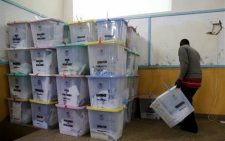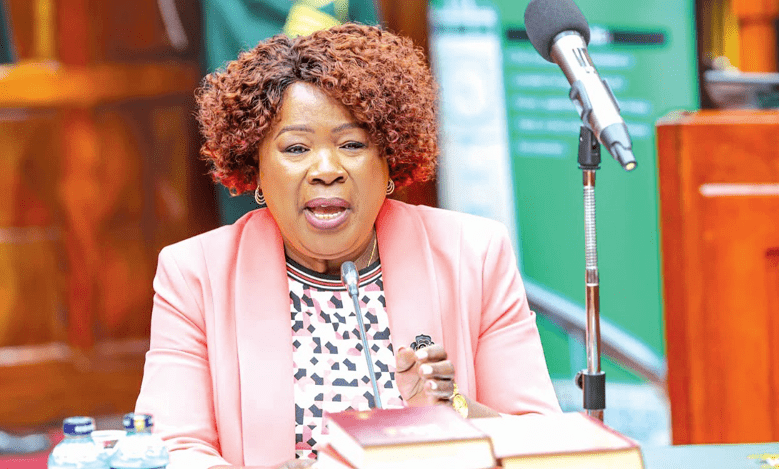Kenyan traders feel pinch of coronavirus outbreak

Effects of China’s lockdown, following the coronavirus outbreak, are being felt in the country as traders in Gikomba market and downtown Nairobi deplete stock.
Gerrishon Ikiara, a senior economics lecturer at the Institute of Diplomacy and International Studies, University of Nairobi told Business Hub that mitumba and electronics traders in the two places have been badly hit.
“We are losing a lot. Many Kenyans, who depend on clothes and electronics from China, have been badly hit,” said Ikiara.
He said if a cure for the virus, which broke out in the Chinese City of Wuhan in January and has spread to Asia, Europe, Africa, Middle East and the US, is not found in the next two months, its effects will be felt beyond 2021.
Traders from Eastleigh say their stocks are depleting fast, a fact that could lead to a hike in prices of items, including clothes, building materials like tiles and flash doors, as well as vehicle tyres.
Regional carriers, Kenya Airways, RwandAir and Air Tanzania all suspended flights to China in January, leaving Ethiopia Airlines as the lone carrier to the Asian country.
Export goods
Coffee, specialty teas, cut flowers and ovacado farmers are also feeling the heat of suspended flight to China.
In July 2018, Kenya unveiled the Integrated National Exports Development and Promotion Strategy (INEDPS) to access the populous Chinese and Indian markets.
Churchill Ogutu, a senior analyst at Genghis, said as of now, the major factor will be a reduction in business between the two countries, given that many traders who go to China are not able to travel there.
Latest figures from the Kenya National Bureau Statistics (KNBS) show that by November 2019, imports from China topped Sh37.2 billion.
The death toll from the coronavirus has now topped 300 with more than 14,000 infections, forcing the World Health Organisation (WHO) to declare the virus a global health emergency.
Already, Australia, Japan and the US have imposed travel restrictions on those who have recently travelled to China, with more than 10,000 flights having been canceled since the outbreak.
Although Sub-sahara Africa has not confirmed a single case, an analyst says the region could be hardest hit outside of Asia by the spread of the coronavirus.
The outbreak has shut down entire swathes of the Chinese economy, threatening world economic growth and curbing appetite for oil and metal that are the lifeline of many African nations.
Oil prices
A slowdown in China’s economy and a five per cent drop in oil prices over the past year, could mean $4 billion (Sh404.4 billion) in lost export revenue for Sub-saharan Africa, equivalent to 0.3 per cent of its gross domestic product – more than any other continent outside of Asia, according to a study by the Overseas Development Institute.
“Many developing countries are increasingly dependent on China for trade, both for imports and exports,” said Dirk Willem te Velde, principal research fellow at the institute.
According to BBC, the International Monetary Fund slashed its economic growth projection for Africa’s top oil exporter, Nigeria, to two per cent from 2.5 per cent due to decline in oil prices.
The drop has led to pressure on the naira given crude accounts for 90 per cent of the West African nation’s exports. Weaker demand from China also puts other resource-dependent economies such as Angola, the Democratic Republic of Congo and Zambia at risk.
Crude prices are down about 11 per cent this year. Copper and iron ore prices have declined eight per cent and 1.5 per cent respectively this year, and African central bankers are starting to sound alarm bells.
“It is a catastrophe that is unfolding,” Bank of Namibia Governor Ipumbu Shiimi told reporters after cutting interest rates on February 19. “We do not know exactly where and when it is going to peak but I think it is already starting to disrupt economic activities,” he said.
The arid southwest African country sells almost a fifth of its exports, mostly diamonds and copper to China.











